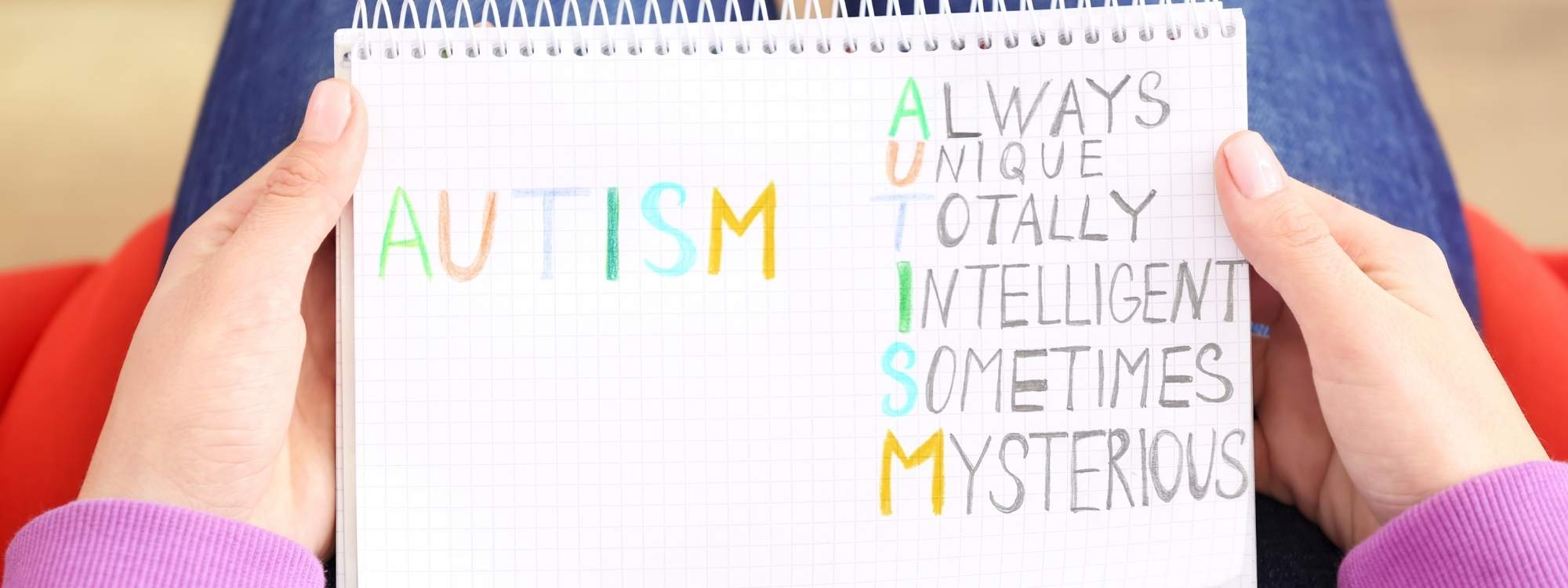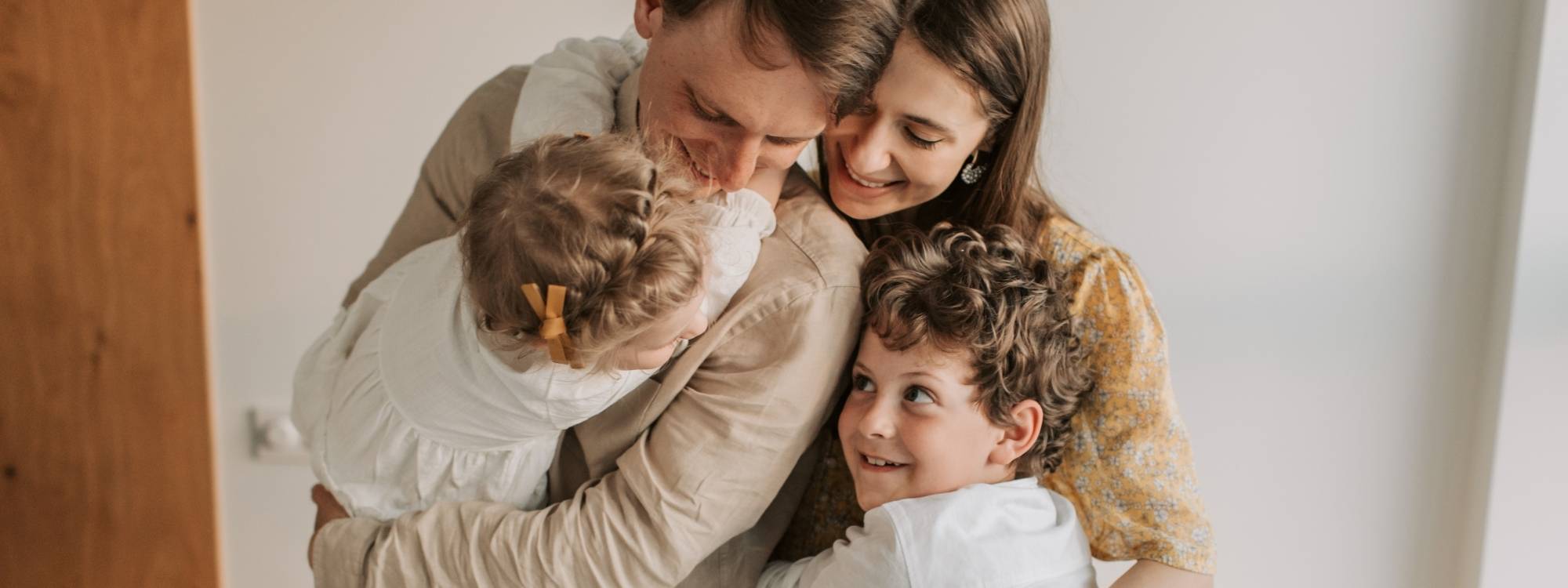What Is Developmental Therapy? Explained
Parents often ask, What is developmental therapy, and how can it help my child grow? Developmental therapy is a specialized early intervention service that supports children in reaching important developmental milestones by focusing on skills like communication, problem-solving, social-emotional growth, and daily routines. Unlike therapies that concentrate on just one area, developmental therapy takes a holistic approach to a child’s overall development, helping them progress across multiple domains at the same time.
For families in Connecticut, Massachusetts, and Colorado, Champions ABA integrates developmental therapy principles with ABA therapy, diagnostic evaluations, and parent training. This whole-child approach ensures your child gets the right support, in the right setting, at the right time. If you’re seeking personalized guidance to help your child thrive, contact Champions ABA today to schedule a diagnostic evaluation and begin your journey toward progress.
What Is Developmental Therapy?
Developmental therapy is a type of early intervention designed to help young children strengthen multiple areas of development simultaneously. A developmental therapist works with children on cognitive, social-emotional, physical, and communication skills through structured play, parent coaching, and real-life routines. The goal is to help children learn new skills while guiding families to reinforce them at home, in daycare, and in the community.
Unlike single-focus therapies such as speech or occupational therapy, it bridges across developmental domains. It helps children connect what they learn in one area to other skills they need in everyday life. For example, a child practicing language through picture naming may also work on social skills like turn-taking and emotional regulation in the same session.
Core Areas Supported by Developmental Therapy
| Domain | Focus Example |
|---|---|
| Cognitive Skills | Problem-solving, following directions |
| Communication Skills | Building vocabulary, expressing needs |
| Motor Development | Coordination, fine and gross motor skills |
| Social-Emotional | Turn-taking, managing frustration |
| Self-Help | Dressing, feeding, and daily routine skills |
By addressing these interconnected areas, developmental therapy helps children achieve balanced growth that prepares them for school and everyday life.
Who Benefits from Developmental Therapy?
Developmental therapy is often recommended for children who show delays or difficulties in meeting age-appropriate milestones. It can be helpful for children with developmental disabilities, autism spectrum disorder, speech delays, or challenges in daily functioning. Parents may notice signs that suggest developmental therapy could be beneficial:
- A child who struggles to communicate basic needs or has a limited vocabulary.
- Difficulty with turn-taking, sharing, or interacting socially with peers.
- Trouble with fine motor skills, such as using utensils, stacking blocks, or drawing simple shapes.
- Challenges include managing emotions, following routines, and adapting to changes.
- Missed milestones, such as delayed walking or talking.
For families in Connecticut, Massachusetts, and Colorado, Champions ABA provides Diagnostic Evaluations to assess a child’s needs and recommend whether developmental therapy, ABA, or another intervention is the right starting point. Schedule a diagnostic evaluation today to better understand your child’s development and create a plan for progress.
How Developmental Therapy Works
Developmental therapy is built around play-based learning and natural environments, making it engaging and relevant for young children. Sessions often occur at home, in daycare, or in community spaces where children naturally spend their time. The process emphasizes parent involvement, ensuring that families can reinforce skills between sessions.
The Process of Developmental Therapy
| Step | What Happens | Parent’s Role |
|---|---|---|
| Assessment | Child’s skills are evaluated across domains | Share concerns and milestones |
| Goal-Setting | Collaborative planning of individualized goals | Prioritize meaningful routines |
| Intervention | Play-based learning embedded in daily activities | Practice with guidance from the therapist |
| Reinforcement | Skills generalized into other settings | Continue strategies at home and in the community |
At Champions ABA, our team combines developmental therapy principles with In-Home ABA Therapy and Parent Training services. This integration ensures children not only learn new skills but also apply them consistently in real-world contexts.
Developmental Therapy vs. ABA, Speech, and OT
Parents are often unsure how developmental therapy differs from other therapies. While all therapies aim to support a child’s growth, they target different aspects of development.
| Service | Focus Area | Provider | Parent Role |
|---|---|---|---|
| Developmental Therapy | Global growth, milestones | Developmental Therapist | Active coaching in routines |
| ABA Therapy | Behavior and skill acquisition | BCBA / RBT | Reinforcement of learned skills |
| Speech Therapy | Communication and language skills | Speech-Language Pathologist | Practice at home through reading/talking |
| Occupational Therapy | Fine motor, sensory, self-help | Occupational Therapist | Support daily living activities |
At Champions ABA, families benefit from a whole-child model that combines ABA with developmental therapy strategies. This approach allows children to make progress in communication, social-emotional development, and daily routines simultaneously.
Real-Life Example of Developmental Therapy
Developmental therapy may sound abstract, but in practice, it often looks like natural play and everyday interactions. Imagine a toddler at snack time:
- Communication: The therapist prompts the child to point to or name the snack they want.
- Social-Emotional: The child practices waiting their turn if a sibling is present.
- Motor Skills: The child uses fine motor coordination to pick up finger foods.
- Self-Help: The child learns to place a cup back on the table when finished.
Through one activity, multiple developmental domains are strengthened. This kind of integrated learning helps children generalize skills across environments. Champions ABA’s Center-Based ABA programs are designed to replicate these opportunities in structured environments, giving children consistent practice with professional guidance.
Conclusion
Developmental therapy is a powerful tool for helping children reach important milestones by addressing multiple areas of growth through play and parent involvement. Whether a child needs support with speech, motor skills, or social-emotional development, it provides a structured yet flexible approach to learning.
For families in Connecticut, Massachusetts, and Colorado, Champions ABA offers a unique model that combines developmental therapy principles with ABA, parent training, and diagnostic evaluations. This ensures children receive the support they need in their homes, schools, and communities. Contact Champions ABA today to schedule a diagnostic evaluation and discover how developmental therapy can help your child grow, learn, and thrive.
FAQs
What is the meaning of developmental therapy?
Developmental therapy is an early intervention service that supports a child’s growth across cognitive, language, motor, social-emotional, and self-help domains. It uses play-based learning and parent coaching to help children achieve important milestones and succeed in daily life.
What is the difference between ABA and developmental therapy?
ABA therapy focuses on breaking down specific behaviors and teaching skills step by step, while developmental therapy takes a broader, milestone-based approach across all areas of development.
What is the difference between developmental and occupational therapy?
Occupational therapy emphasizes fine motor skills, sensory processing, and self-help tasks, while developmental therapy addresses a child’s overall growth, including social, emotional, and cognitive skills. The two services often work together to help children function more independently.
What is OT and BT therapy?
OT stands for Occupational Therapy, which focuses on motor and daily living skills. BT often refers to Behavior Therapy, which addresses behavior management and skill building.



